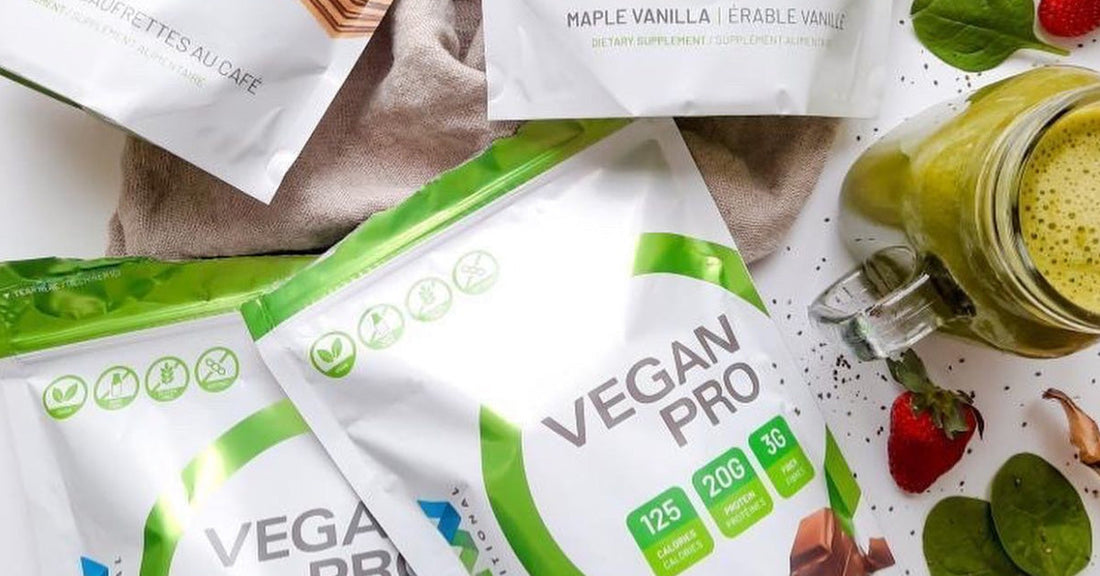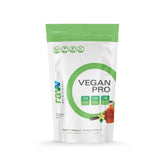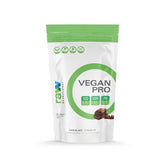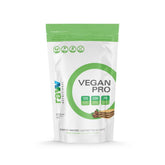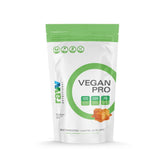Are you opting for a vegan diet? You're making food a priority in your lifestyle, because when you adopt a vegan diet, it's a way of life.
Thinking vegan means being aware of our actions and our environmental impact. Food choices are above all based on quality in every aspect.
Where food comes from, how it is produced, the time elapsed between harvesting and consumption, its ecological impact and respect for the producer are all concerns of the vegan lifestyle. For example, we avoid cheeses made from cow's milk, which are denatured. They no longer know the color of fresh grass, nor the warmth of the sun as they once did.
A vegan diet consists of eliminating all foods of animal origin: meat, fish, shellfish, but also eggs, dairy products and even honey. In short, it is practised for ethical and ecological health reasons..1, 2, 5
Plant proteins: plants for our health
It's a diet in search of vitamins, minerals and less acidifying proteins. This way of eating leads us to insist on eating fresh, seasonal fruit and vegetables. The micronutrients they provide are found nowhere else.
And what can we say about the abundance of fiber that all these plants provide for the health of our intestines... Fiber intake is essential to our digestive system, metabolism and immune system. These indispensable prebiotics encourage the development and maintenance of probiotic populations in our intestines.3
Plant proteins: plants that protect against an acidic environment
We can become acidic for a number of reasons. Poor oxygenation, atmospheric pollution, stress and fatigue, as well as the consumption of animal proteins, are all factors that maintain an acidic terrain. Vegetables are, for the most part, less rich in protein, but rich in alkaline minerals such as potassium, magnesium and calcium, and will compensate for this acidifying effect.
Generally speaking, choosing a diet rich in fruit and vegetables, and regularly using oilseeds and legumes as sources of vegetable protein, reduces the risk of acidification associated with illness, such as skin problems like eczema, hives, itching, excessive sweating and so on.1, 2, 4
Plant proteins: making gradual changes to get our digestive tract used to them
Making a dietary change like going vegan, especially if your diet was devoid of plant proteins, requires a progression. First of all, we need to reintroduce them little by little in order to gently reacclimatize our digestive system. Being drastic exposes the person to sometimes uncomfortable bloating and diarrhea. Since digestion begins in the mouth, the quality of chewing will always have an impact on digestion. Mastication triggers the production of saliva, which provides water, enzymes for taste and digestion, starting with certain complex carbohydrates.1, 2
My intention was to clarify the incentives that influence a dietary change to a vegan diet. First and foremost, I'd encourage you to make a list of what you'll be eating from now on. Go through every food category available to meet all your needs: carbohydrates, fats, proteins and all sources of vitamins, minerals and trace elements. The aim of this change is to add value. It should provide you with the energy you need to carry out all your life's activities, and also enable you to get a good night's sleep.5
Vegetable proteins: what are your daily protein requirements?
When carrying out nutritional assessments, I have often witnessed a lack of protein. According to the Recommended Dietary Allowance (RDA), the protein requirement for an adult is 0.83 grams per kilogram of body weight, which corresponds to between 50 and 60 grams of protein per day for an average individual weighing between 60 and 70 kilograms. Of course, this all depends on energy expenditure.1, 2, 9
Vegan Pro, an exemplary plant-based protein
Vegan Pro from Raw Nutritional is a blend of organic ingredients, whose source (plant proteins) is made from yellow peas with linseed, coconut sugar and more. Vegan Pro features a full spectrum of branched-chain amino acids (BCAAs), 70% of which are found intramuscularly to maintain good muscle mass.
- BCAA: 3 amino acids (leucine, isoleucine and valine).1, 7, 10
Vegan Pro protein:
- Helps build and repair muscles
- Supports lean muscle mass
- Is a sustained-release protein for optimal muscle recovery
- Provides a broad spectrum of 18 amino acids
- Supports bone and tissue health
- Is an alkaline PH protein
- Digests well and does not cause bloating
- Can sustain appetite over a long period, etc.
- Each serving provides 20 g of protein.10
Vegan Pro, for what uses?
Vegan Pro is an interesting plant-based protein for vegans, vegetarians, carnivores who want to reduce their consumption of animal proteins, athletes after training, people with a lot of stress, people recovering from illness, pregnant or breast-feeding women, and so on.
Vegan Pro protein is good for women, including pregnant and breastfeeding women. Pregnant or breast-feeding women are advised to consult a health professional before taking any supplements.10
Vegan Pro, our advice
Vegan Pro mixes well with plant-based milk, yoghurt, juices, smoothies and more. You can also add Vegan Pro to your favorite muffin recipes, oatmeal, pancakes, brownies, etc.
- Vegan Pro is an ideal protein for people with food allergies or intolerances..10
- BCAA is entirely from plant sources, fermented and GMO-free.
- Vegan Pro is free from dairy products, soy, gluten, lactose, wheat and peanuts.
Six flavours available: chocolate, maple vanilla, butterscotch, coffee wafers, abundance of berries and cookies and cream. Note: flavor Coffee wafers contains 10 mg of caffeine per serving.
Vary your protein sources, it's healthy!
About the author
Marie Couture, Certified Naturopath
Specialized in :
- Digestive disorders
- Inflammation
- Hormonal problems
- Stress management
References :
- Brazier Brenda, The Thrive Diet, Penguin Canada, 2007, 307 pages
- Joyeux Pr. Henri and Joyeux Jean, eating better from 0 to 100Éditions de Rocher, 2017, 326 pages
- All about probiotics and prebiotics, La semaine santé, Annie Turcotte
- Vasey Christopher, Gérer votre équilibre acido-basique Une vision complète, Éditions Jouvence, 1999, 188 pages


